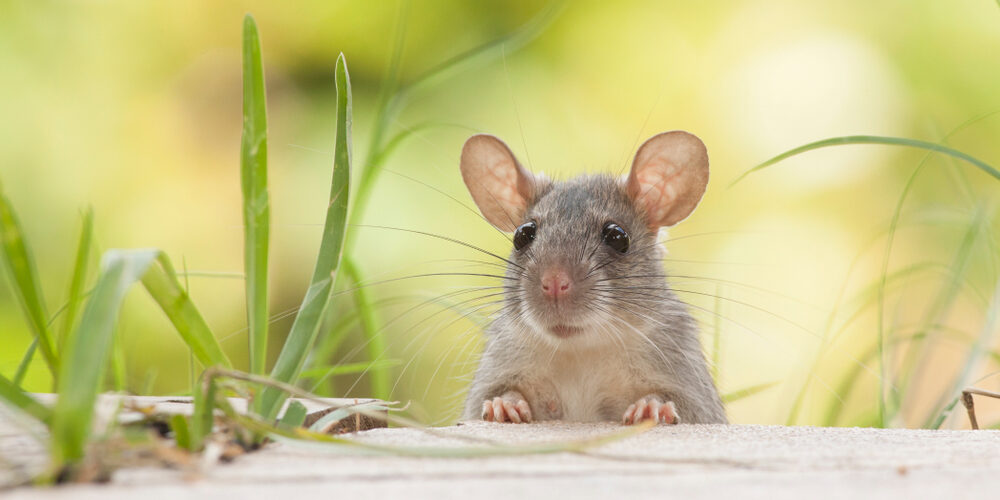When planting season arrives, it’s always good advice to make a thorough plan and stick to it. If the plan is executed well, then all or most of the problems that could potentially derail the planting will be negated. But for those who rely on organic methods of pest control, there are methods, both commercial and non-commercial, that can help both to keep the pests at bay and to eliminate them when they do arrive. Here are a few tips to keep those pests at bay this growing season.
There’s a motto that if you see a bug in the garden, and it’s anything other than a beneficial insect such as an earthworm or lady bug, then squish it. When you check on your plants daily, you have a better understanding of their health and their possible needs throughout the growing season. If you use sticky tapes around your plants to trap insects as evidence of the potential problems in and around your plants, be sure to use the organic method best suited to the species you locate.
For instance, if you find an abundance of earwigs, one product that can eliminate earwigs—and most other species that navigate the surface of the soils beneath the plants—is diatomaceous earth. It’s a simple and economical product that can be sprinkled onto the soil. It is comprised of fine silica shells; the shells are sharp and when insects crawl over them the sharp shells cut into the insect’s soft belly—other types of insects will actually ingest the product and the damage will happen internally.
You can also purchase lady bugs to patrol your garden. No, not every ladybug you release will set up shop on your garden plot and patrol away the pests, but ladybugs will help to control pest populations, and they are pretty little garden companions.
Hopefully you make a plan prior to planting. In addition to pest control, it’s imperative that your soils are well-balanced and properly fertilized before you decide to plant. If you have any questions about soil or compost, then call your soil and compost expert at Rocky Mountain Compost today.







